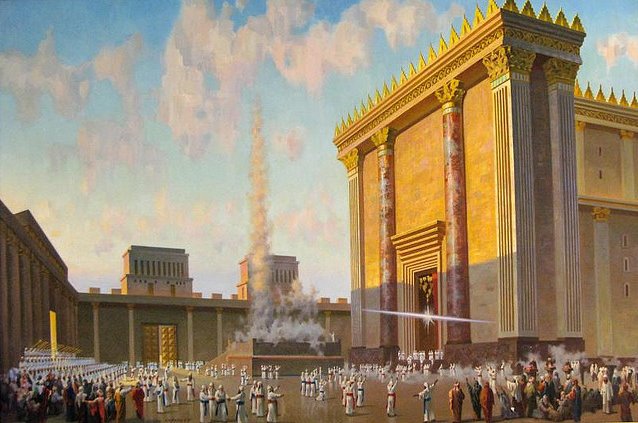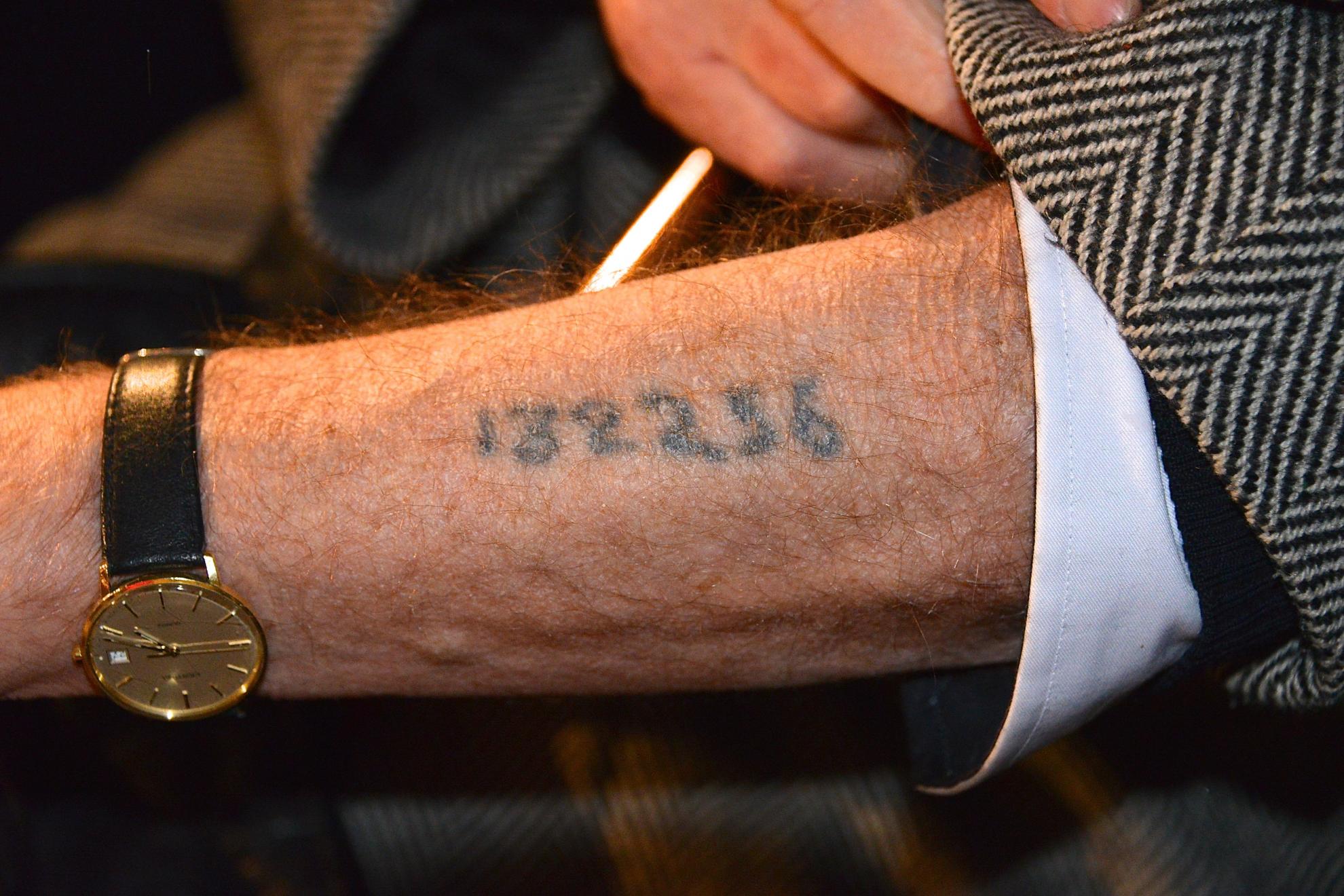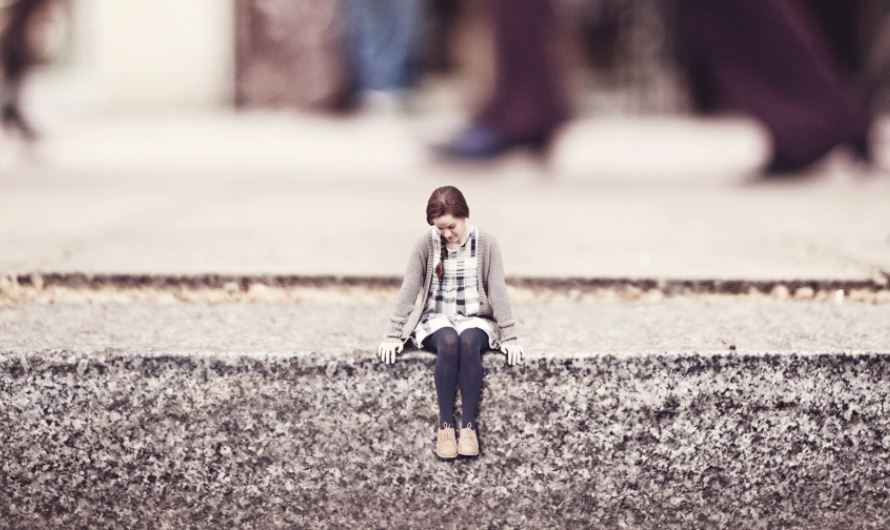September 14, 2025|כ"א אלול ה' אלפים תשפ"ה Ki Savo 5785 - Confessing Our Goodness
Print ArticleOne of the hallmarks of agricultural society in Israel is the concept of Terumos and Maasros, that a farmer -- or any person who purchases produce in Eretz Yisrael -- is required to separate percentages of produce to give to the Kohein, the Levi, the poor, and even sometimes take it to Yerushalayim to consume on one's own.
And the Torah tells us that twice every seven years, when one would be visiting Yerushalayim for Pesach, one is required to go to the Beis HaMikdash and make a declaration, known as Viduy Maaser.
In that declaration, one says out loud that they have fulfilled all of the different aspects of these mitzvos, concluding with the phrase:
עָשִׂיתִי כְּכֹל אֲשֶׁר צִוִּיתָנִי:
I have done everything You have commanded me!
It is an unusual mitzvah, and it raises a question: We will recite viduy tonight at selichos, and multiple times on Yom Kippur. Those viduyim are filled with the mistakes we have made. Yet, this viduy includes only the positive things the person has done. Why, then, is it called a viduy?
Rashbam writes that this isn't a typical confession where a person lists his or her sins. However, it has a similar impact. For, if a person knows they will be required to arrive at the Beis HaMikdash, stand before Hashem, and declare to Hashem: "I have done everything You have asked of me", that is a wonderful way to ensure the person takes care of every detail of the mitzvah.
Rather than being a viduy of mistakes, it is a declaration which will serve as an encouragement not to allow those mistakes to occur in the first place.
The Seforno writes that when one would come to the Beis HaMikdash they would say "בִּעַרְתִּי הַקֹּדֶשׁ מִן הַבַּיִת וְנָתַתִּי לַלֵּוִי..." I removed all the sanctified produce from my house and gave it to the Levi.
While, on the one hand, this is a declaration of fulfilling the mitzvos of Teruma and Maaser, it reminds us that Jewish society is not as it should be. After all, before the Chet HaEgel, the sin of the Golden Calf, every family would have a bechor, a first born, who would serve in the Beis HaMikdash. If that was the case, we wouldn't have to make use of a Kohein or Levi. After the Chet HaEgel, the bechoros lost that opportunity, and so, even as we are doing the right thing, we recognize that the entire experience is bidieved. In that sense, it is a viduy, a confession of the mistake Am Yisrael made so many years before that has had a residual effect.
Rav Soloveitchik, however, offers an entirely different approach to this question: He writes that the fact that this declaration is called viduy, is meant to teach us what real viduy is all about.
Teshuva, says the Rav, is predicated on two principles:
1) The power within the human being to turn inward, to take stock of who we are and the choices we have made, and to recognize that some of those choices have been a disaster.
We state on Yom Kippur many times: "סַרְנוּ מִמִּצְוֹתֶיךָ וּמִמִּשְׁפָּטֶיךָ הַטּוֹבִים", "We have turned away from your commandments which are good".
It is an incredibly important element of being human to be able to recognize our faults, to understand what we have done and to express remorse.
2) But there is a second principle of teshuva as well: The ability of the human being to recognize the boundless hidden spiritual potential inside every single one of us. That spiritual piece of every one of us that propels us to find meaning in our lives, to find a relationship with Hakadosh Baruch Hu Himself. And to know that we can find that relationship and rise to the height of spirituality even after having fallen in to the abyss.
And writes the Rav, that both elements are equally important.
- To only feel good about who we can be without an understanding of how we have failed leaves a person without remorse or regret and without an impetus to change.
- But to only experience how low we have fallen without a clear understanding of what we can be leaves a person depressed and directionless. It is only when we have an appreciation for who we can be and what we can accomplish that we can make a plan for a brighter future.
Every viduy is an expression of the pasuk in Shir HaShirim:
(פּרק א פּסוק ה) שְׁחוֹרָה אֲנִי וְנָאוָה
I am sullied and I am beautiful
It is only if we are able to see our beauty that we can appreciate how sullied we become at times.
And it is for this reason, says the Rav, that this declaration of all the things we have done right is also called a viduy. Because Teshuva is not meant to simply be a declaration of all that we have done wrong. It is meant to be an opportunity to consider who we could be, by reflecting both on our misgivings and on our potential to be so much more.
If you would ask me, what is the greatest obstacle for most people leading into the Yamim Noraim? What is the thing that is most difficult for people as they consider approaching Hashem in these special days?
I would argue that at least one of the most significant obstacles is that we sell ourselves short. And different people do it for different reasons.
- Some of us feel that we've tried before to grow, but it's hard. And the struggle becomes exhausting, so we've settled. It's fine. I'm good where I am.
- For some of us, it's because we have always felt intimidated by different areas of Jewish practice. "I'm not a learner. I'm not a minyan guy. I've never done ______. That's for x type of person!"
- For many of us, we're terrified by what would happen if I try and I fail? What if I start and I can't keep it up?!" Some are worried about what happens if I try and succeed! What will that mean for my life going forward? Will everything change?
- And, as we've discussed recently, for many of us there is a concern about what people will say!
And comes the Mitzvah of Viduy Maaser to tell us, that every single one of us is commanded to say "עָשִׂיתִי כְּכֹל אֲשֶׁר צִוִּיתָנִי" -- I've done everything you've asked of me!
Why? Because Hakadosh Baruch Hu wants us to know that He believes that all of us have a lot more potential than we give ourselves credit for. We all have a lot more inside of us than we are willing to admit.
If we want to come into Rosh Hashana this year and leave feeling more energized and positive than ever before, it's time to stop selling ourselves short and be willing confront not only our mistakes, but to be willing to confront just how great we can be -- if we're willing to give it a shot.
This was a difficult week for the Jewish People, and it was a difficult week for humanity. We have seen the worst of society in terrifying ways.
And yet, these moments don't call upon us only to recognize the rot in society, but also to realize how every single individual has the ability to bring the values of Torah - respect for others, the dignity of every human being, of right and wrong, good and evil back to a world that is missing it so dearly. The events of this week remind us that the world needs what we have more than ever.
If you'll ask, what does that have to do with me? I'm just one person! I'll remind you of the words of Rav Yisrael Salanter:
When I was a young man, I wanted to change the world. I found it was difficult to change the world, so I tried to change my nation. When I found I couldn't change the nation, I began to focus on my town. I couldn't change the town and as an older man, I tried to change my family. Now, as an old man, I realize the only thing I can change is myself, and suddenly I realize that if long ago I had changed myself, I could have made an impact on my family. My family and I could have made an impact on our town. Their impact could have changed the nation and I could indeed have changed the world.
The Viduy Maaser reminds us never to sell ourselves short. Because if you're willing to elevate yourself, you never know, you might just change the world.




